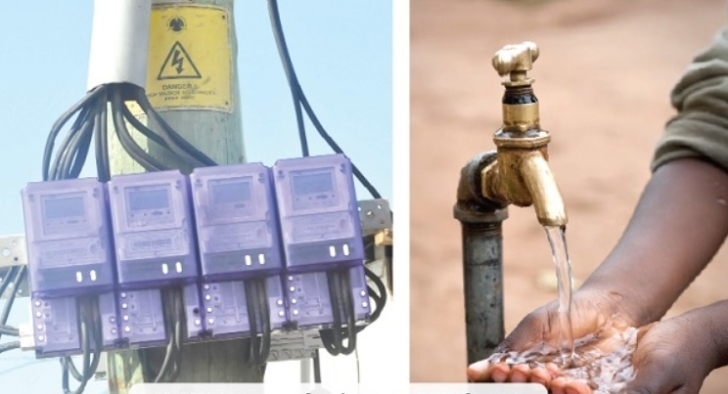The Public Utilities Regulatory Commission (PURC) has approved a 2.45% increase in electricity tariffs across all customer categories, effective 1st July 2025. This increment, announced as part of the Commission’s quarterly tariff review, affects residential, non-residential, and special load tariff (SLT) customers.
In its official statement, the PURC explained that the tariff review is informed by key macroeconomic factors such as projected inflation (20.67%), exchange rate movements (GHS10.3052 per USD), and rising fuel and gas costs, with the weighted average cost of gas (WACoG) pegged at USD 7.7134/MMBtu.
“The Commission has carefully analysed the existing parameters and, considering the competitiveness of industries and the general living conditions of Ghanaians, has approved a 2.45% increase in electricity tariffs across board and 0% increment in water tariffs,” the statement said.
The new tariffs, effective next month, are structured as follows:
New Electricity Tariff Rates (Effective July 1, 2025):
Lifeline customers (0–30kWh): GHp77.63 → GHp79.53 per kWh
Residential users (0–300kWh): GHp180.19 per kWh
Non-residential users (301+kWh): GHp202.17 per kWh
High Voltage Mines: GHp495.93 → GHp508.09 per kWh
The generation mix remains unchanged, with 28.8% from hydro and 71.2% from thermal sources. The PURC also cited GHS488 million in outstanding revenues from previous quarters and the cost of maintaining reserve capacity as crucial factors behind the adjustment.
Consumers are advised to take note of the new tariffs and plan accordingly.
No Change in Water Tariffs
In a bit of relief for consumers, the PURC confirmed that water tariffs will remain unchanged for the third quarter of 2025. Despite facing similar economic pressures as electricity, the Commission assessed that current water pricing is sustainable for now.
This quarterly review, according to PURC, is not arbitrary but a necessary step to protect the financial stability of utility providers while ensuring reliable service delivery amid economic challenges

